Looking to the Sky
Looking to the Sky
~by Michael Wilcox
Assistant Director and Program Leader for Community Development / Purdue Extension
Associate Director / North Central Regional Center for Rural Development (NCRCRD)
In 2012, I served as president-elect of the National Association of Community Development Extension Professionals (NACDEP). In that role, my primary duty was assisting with the annual conference in Park City, Utah. As it turns out, a partial solar eclipse was to take place on May 20 in the afternoon during the first day of the conference.
We already had the agenda set. The Utah State President was Dr. Stan Albrecht, and he was scheduled to speak as the eclipse would occur. So, I did what any conference organizer would do, and I asked the university president if he would build seeing the eclipse into his remarks. He was more than happy to oblige, and everyone that brought an academic poster was willing to convert their poster tubes into pinhole cameras so attendees could observe the eclipse safely. We even had solar eclipse glasses donated to the conference! People who attended that conference still remark how we were smart to ‘mind our surroundings.’
Coming soon, during the afternoon (3:06 pm Eastern) of Monday, April 8, 2024, Indiana will have the same opportunity I had back in 2012. Only this time, many communities in Indiana will be treated to a solar eclipse where the moon will cover 90-100% of the sun. Those communities in or near “totality” will be prime viewing areas and highly sought-after venues for many people.
How many?
Well, the University of Michigan estimated that 88% of Americans (216 million American adults!) watched the Great American Eclipse in 2017 either online, on television, or ventured out into the great outdoors either at home or as a tourist in a town where the eclipse was going to be visible in totality.
Given the size of the potential audience and Indiana being the Crossroads of America, Indiana communities should begin preparing to create opportunities to build social capital amongst their residents and to welcome visitors from near and far. Need more motivation? Some believe the 2024 eclipse will be the largest tourist event in Indiana history!
So where do you begin?

In community development, we always start with a goal in mind (or a dotty idea!) and then apply the phased planning model. We begin with the initiating and scooping phases. These initial phases include the preliminary planning that needs to take place before organizing the group that will work towards achieving the goal. Are people in the community already starting to plan for the eclipse, or is this the first attempt to prepare?
The subsequent two phases, organizing and assessing, address the Who? And How? while working to ensure the group has all the information they need and desired impacts identified. For example, will our community embrace the opportunity associated with the eclipse to bring the community closer together? Educate our youth? Promote local businesses as tourists seek out goods and services? What assets do we have to help us reach our goal? What must we address now so our community can put its best foot forward?
Asking/answering tough questions, facilitating constructive dialogue, and cultivating community buy-in will provide a solid foundation for the visioning/planning and implementing phases. And, once the eclipse has…um…been eclipsed, then you will enter into the last phase, evaluating and reflecting. How did we do? What did we learn? How can we do better next time?
Sounds simple, right?
Experience tells us it takes patience, passion, partnership, and persistence. This amazing opportunity will be here before you know it, and won’t be back again until August 2044!
Many communities have already begun planning for the 2024 solar eclipse. Here are some examples of websites from Indiana communities:
And, with the phased planning model in mind, here are some excellent resources to explore:
Visit Indiana (Submit your community’s solar eclipse activities)):
Purdue Extension is ready to assist as your community moves forward with planning for the solar eclipse in 2024. This a wonderful opportunity to look to the sky and for your community to recognize that the sky is the limit!
Photo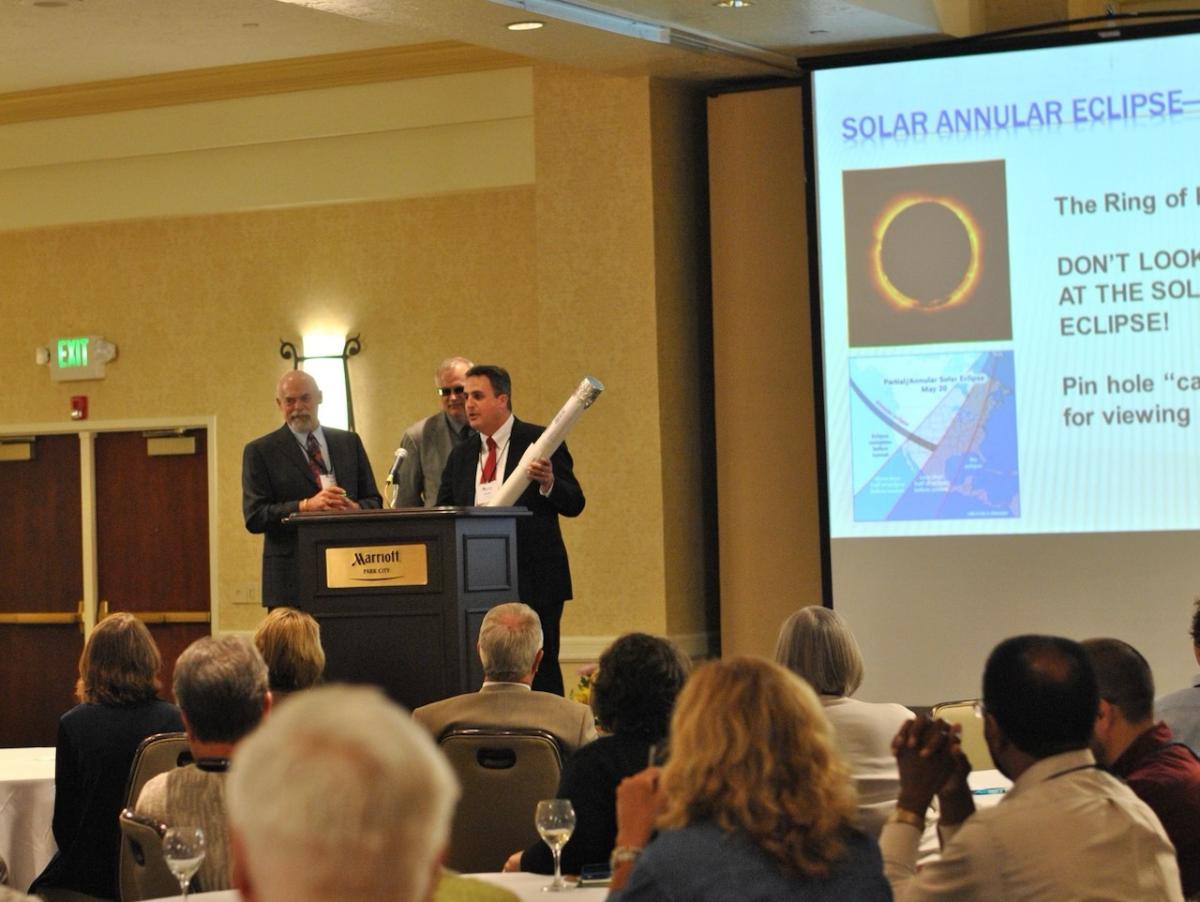
Photo credit: Ryan Wilcox
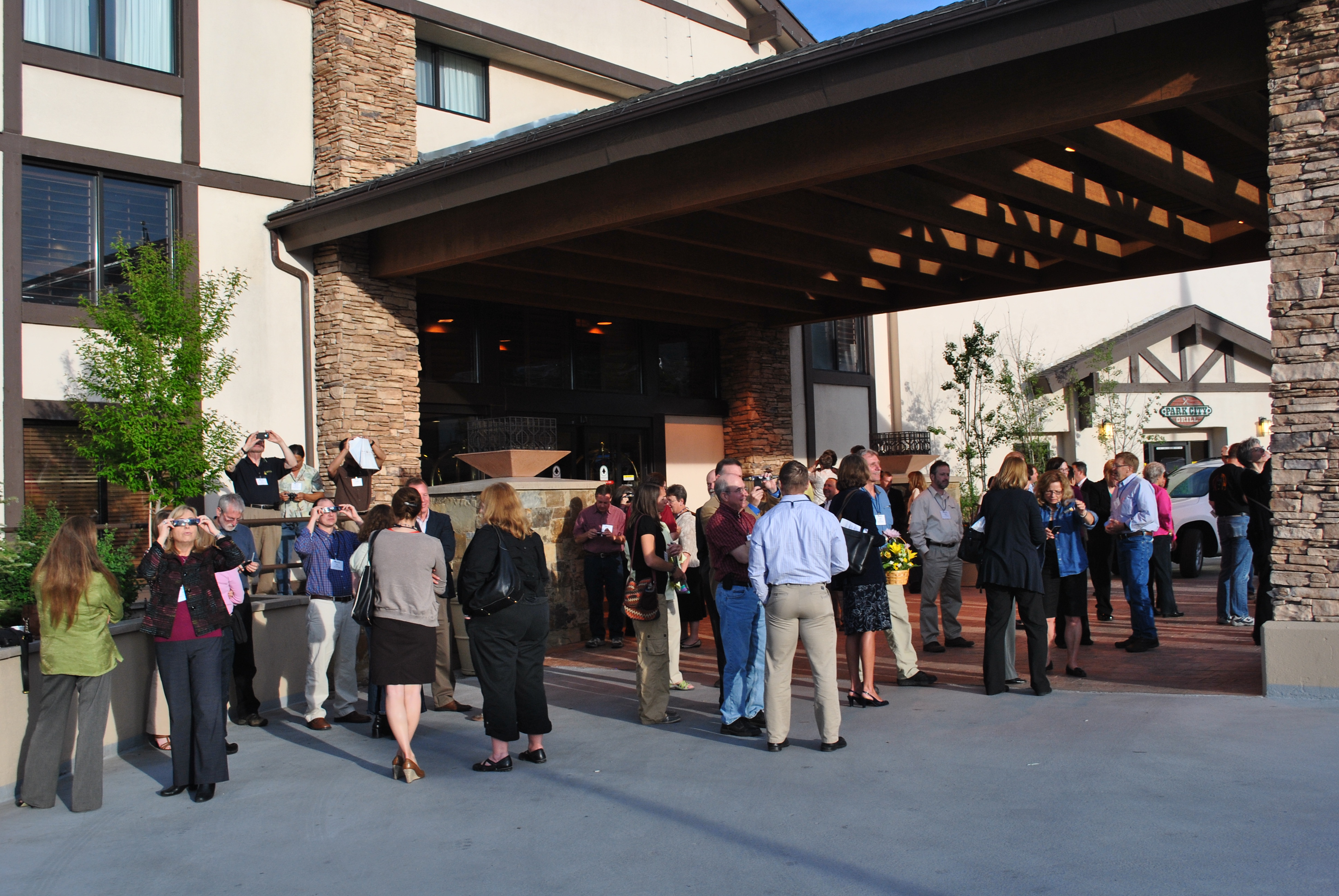
Photo credit: Ryan Wilcox
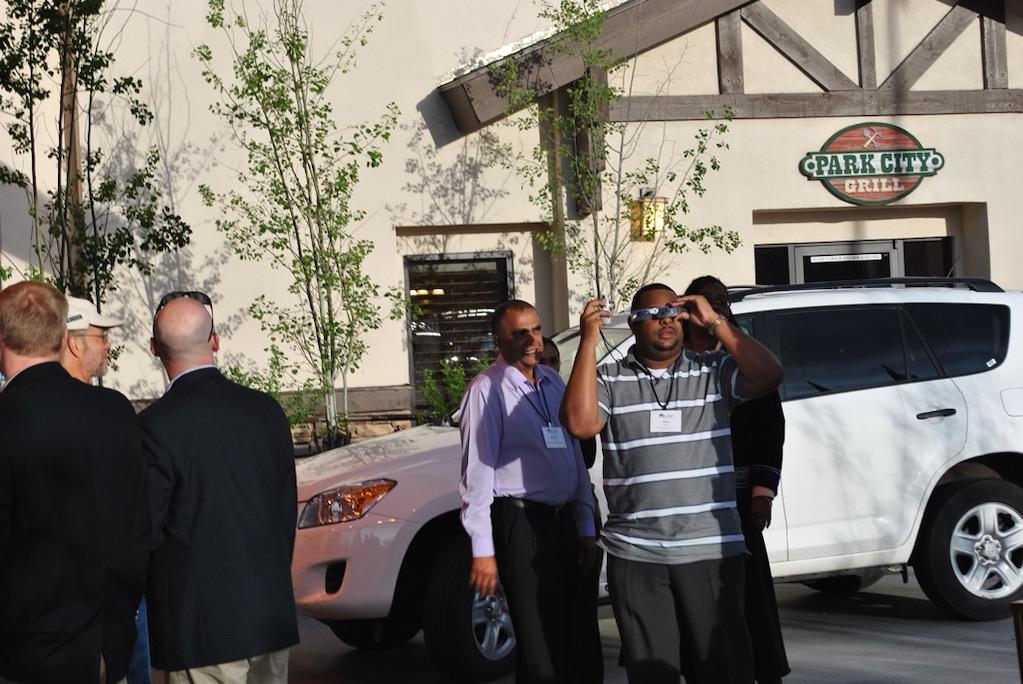
Photo credit: Ryan Wilcox
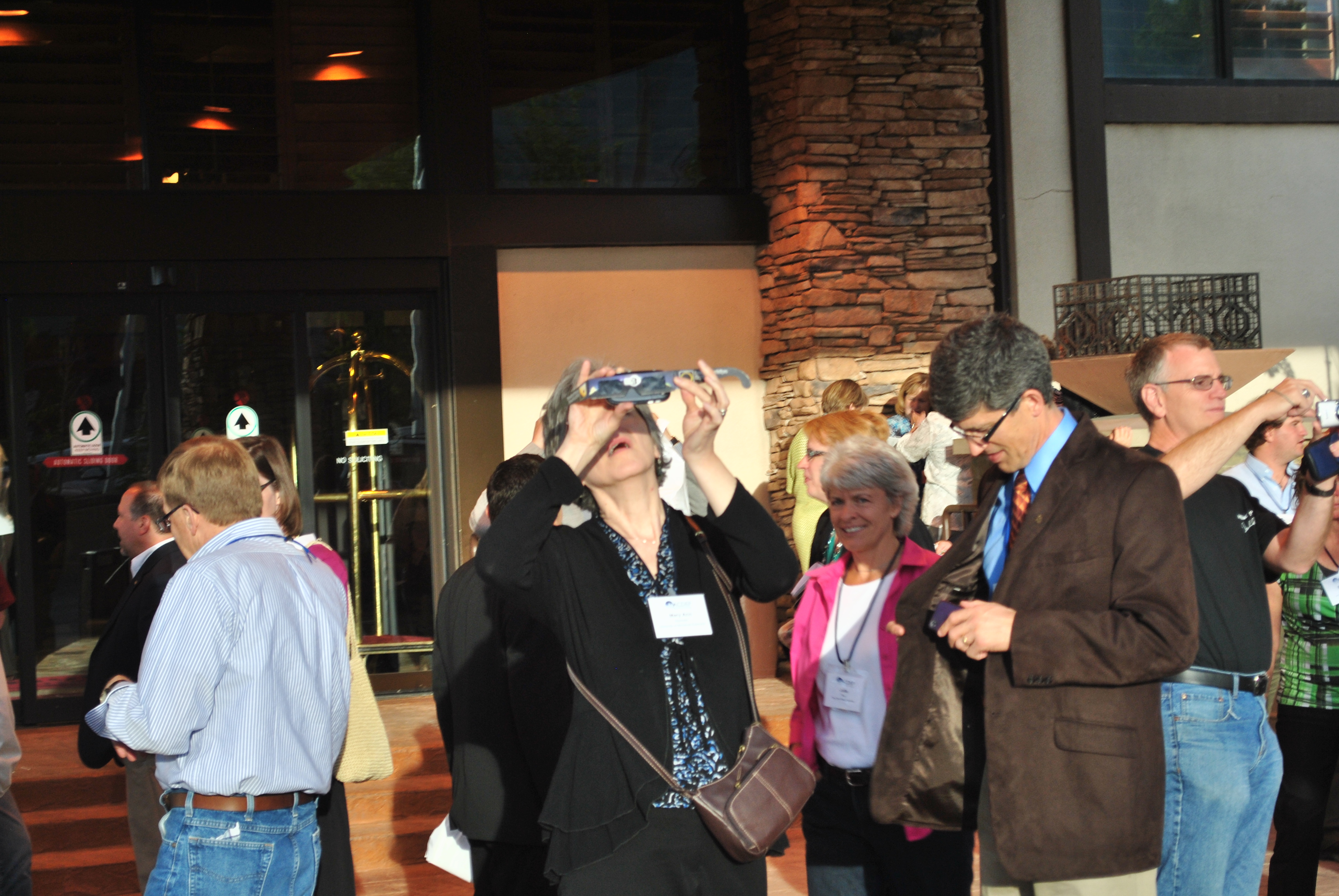
Photo credit: Ryan Wilcox
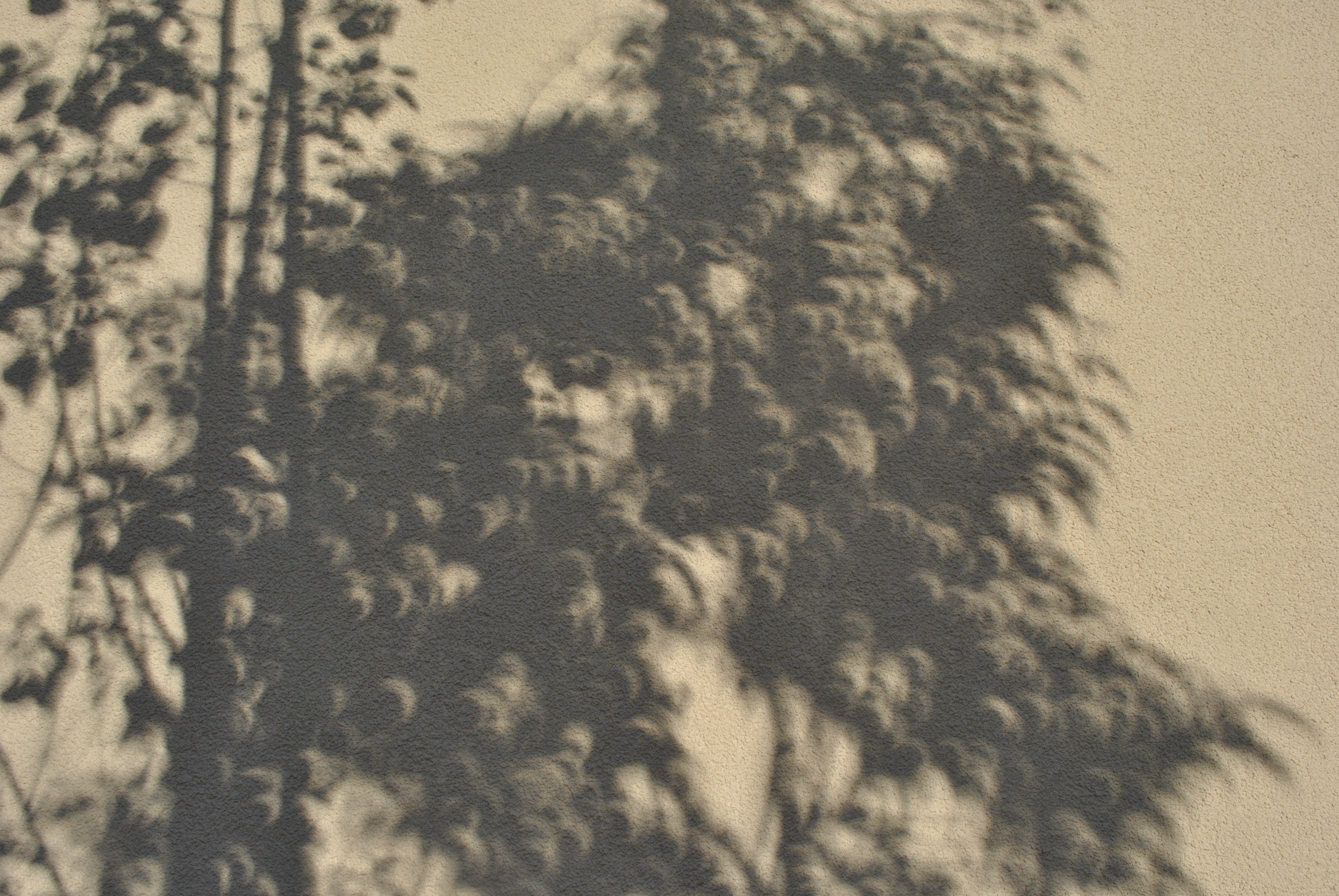
Photo credit: Ryan Wilcox
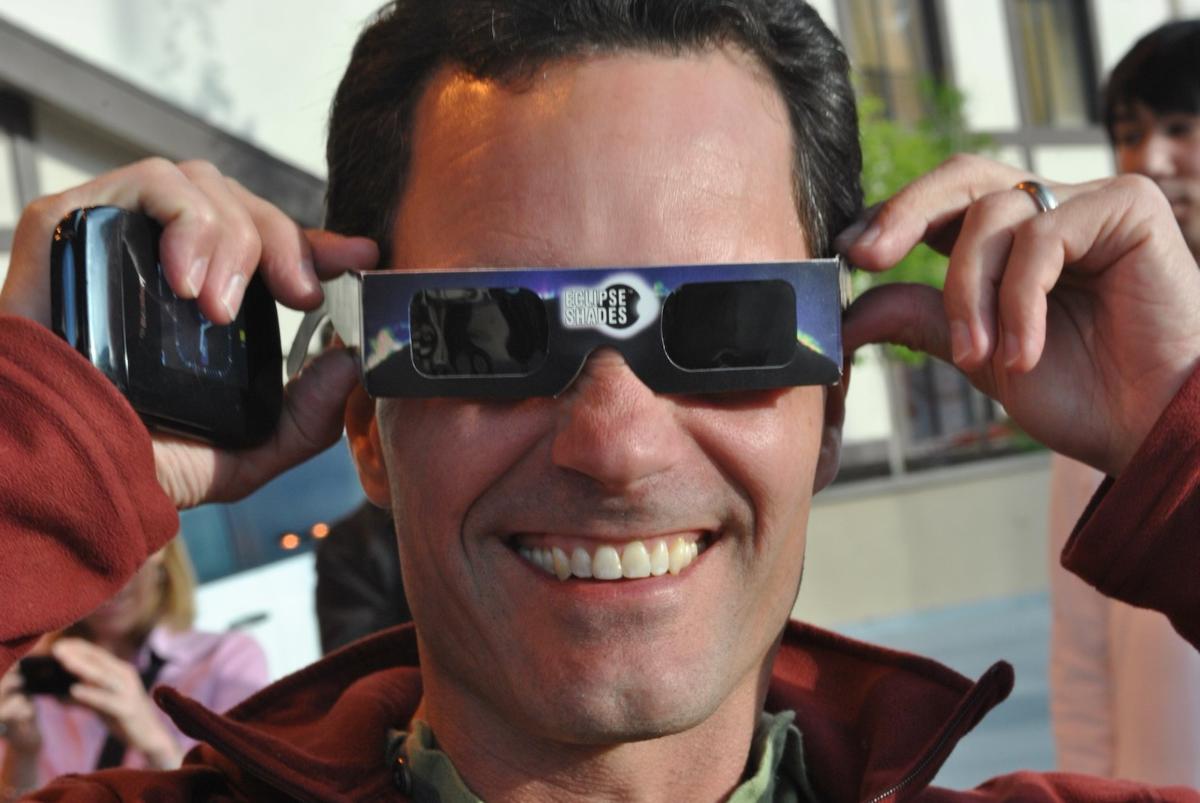
Photo credit: Ryan Wilcox
